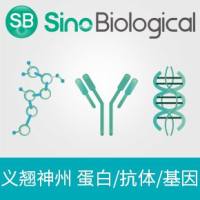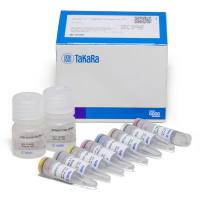Acyl glucuronides are unstable at physiologic pH and thus can result in free aglycone by hydrolysis and lead to positional isomers by acyl migration. Acylmigrated glucuronide isomers were shown to bind covalently to proteins in vitro and in vivo, causing potential toxicity, but the toxicological mechanisms are still unknown. Several molecules metabolized into acyl glucuronides were withdrawn from the market after adverse events of the immune allergic type were observed (zomepirac, tolmetin, benoxaprofen, ibufenac). The early identification of such reactivity for future development candidates would permit one to select equipotent products with less reactivity. The methodology to be followed in setting up an in vitro screening model of acyl glucuronide reactivity is presented. Molecules are screened according to their capacity to be metabolized into acyl glucuronides and their propensity to form covalent binding. This tool uses a linear relationship between the in vitro instability of acyl glucuronides (determined by the quantity of parent drug released) and the covalent binding levels reached with human albumin. A direct relationship between the covalent binding level obtained in this model and that observed in vivo in treated subjects also allows predicting the human in vivo level of covalent binding. Finally, these two relationships enable one to compare future development candidates to reference products that are known to be toxic (zomepirac, tolmetine) or not toxic (ibuprofen).



![acpS/acpS蛋白Recombinant S_t_a_phylococcus a_u_r_eus Holo-[acyl-carrier-protein] synthase (acpS)重组蛋白4'-phosphopantetheinyl transferase AcpS蛋白](https://img1.dxycdn.com/p/s14/2024/0914/416/2705133163069384381.jpg!wh200)


